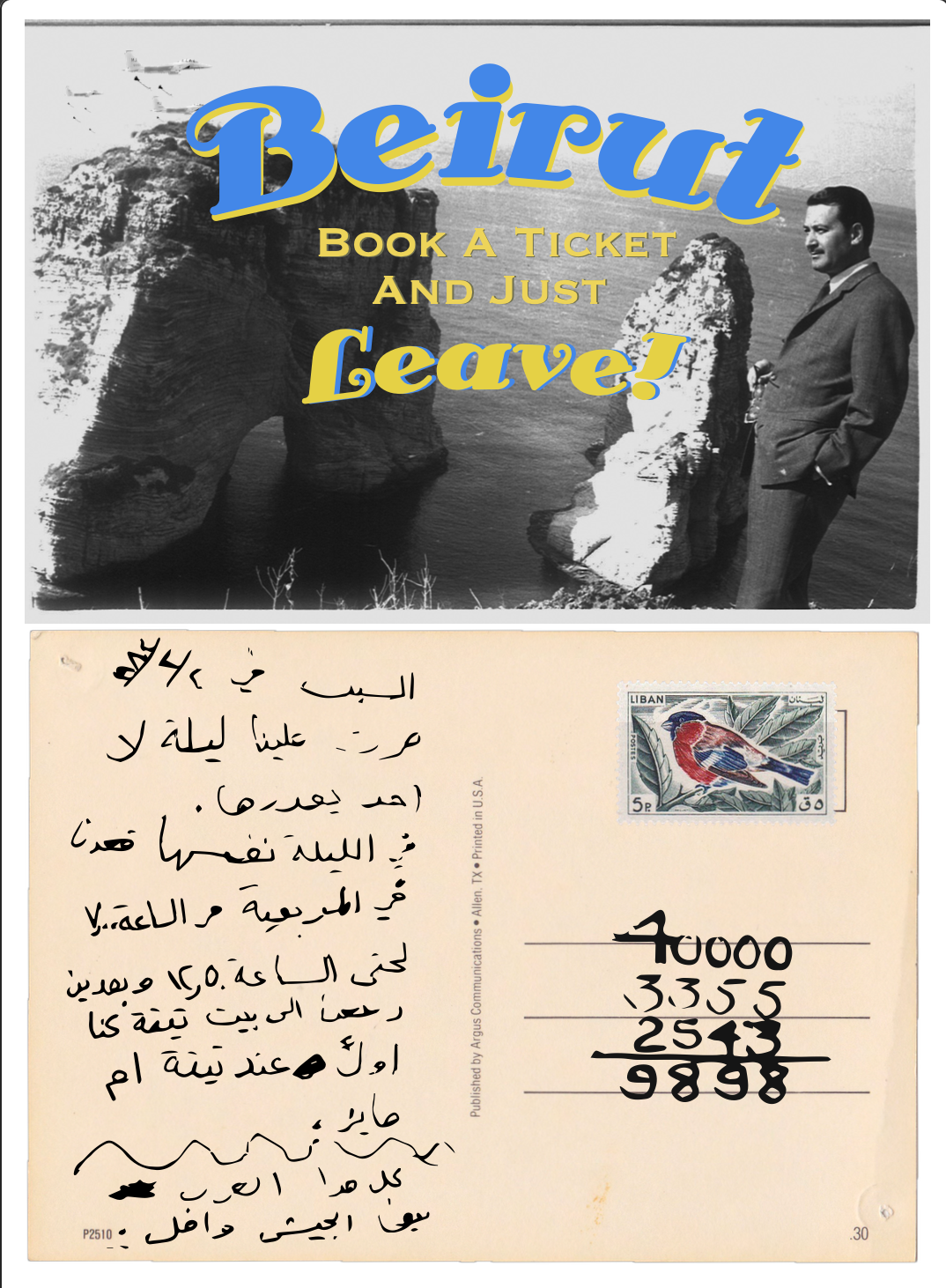
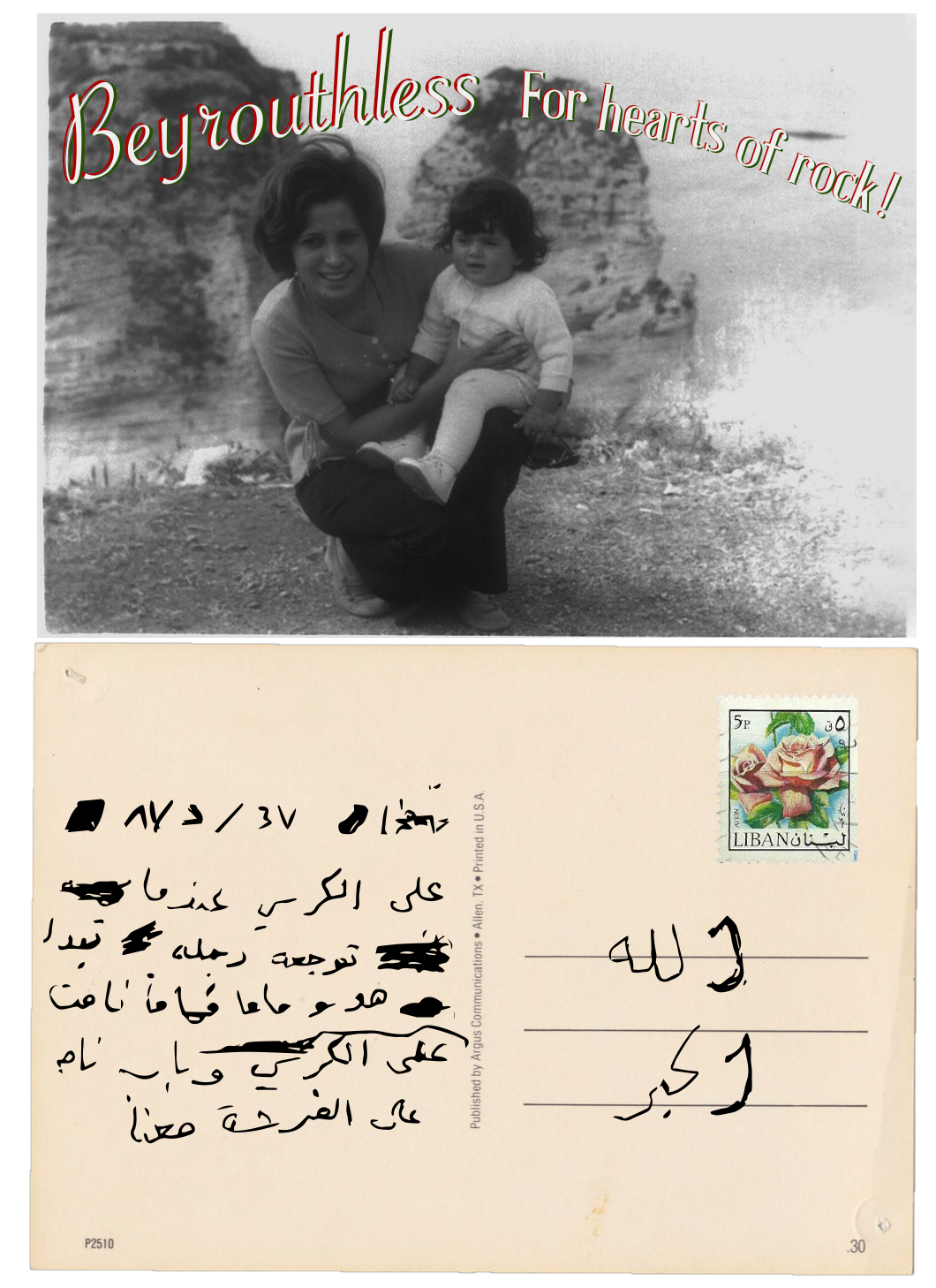
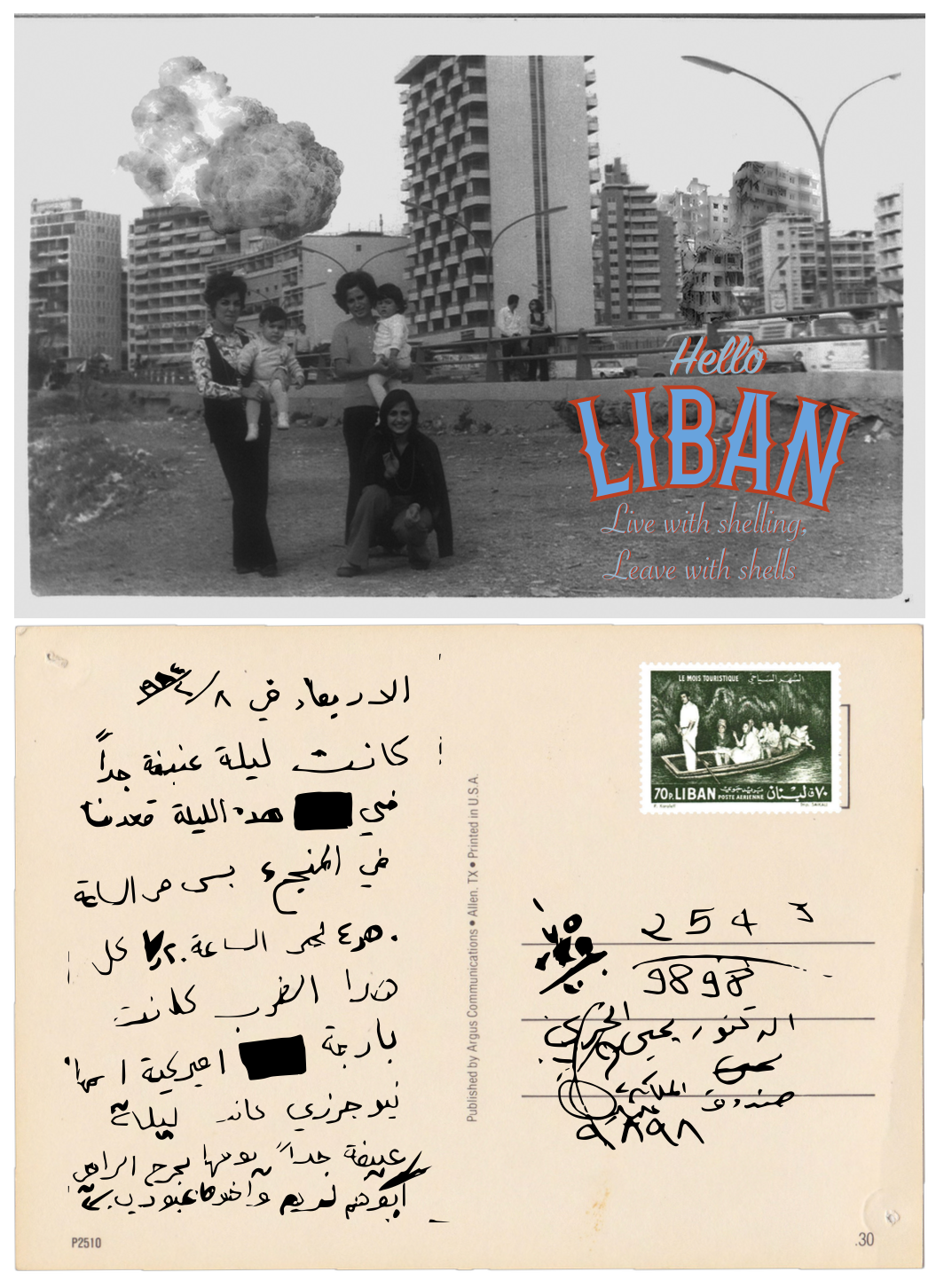
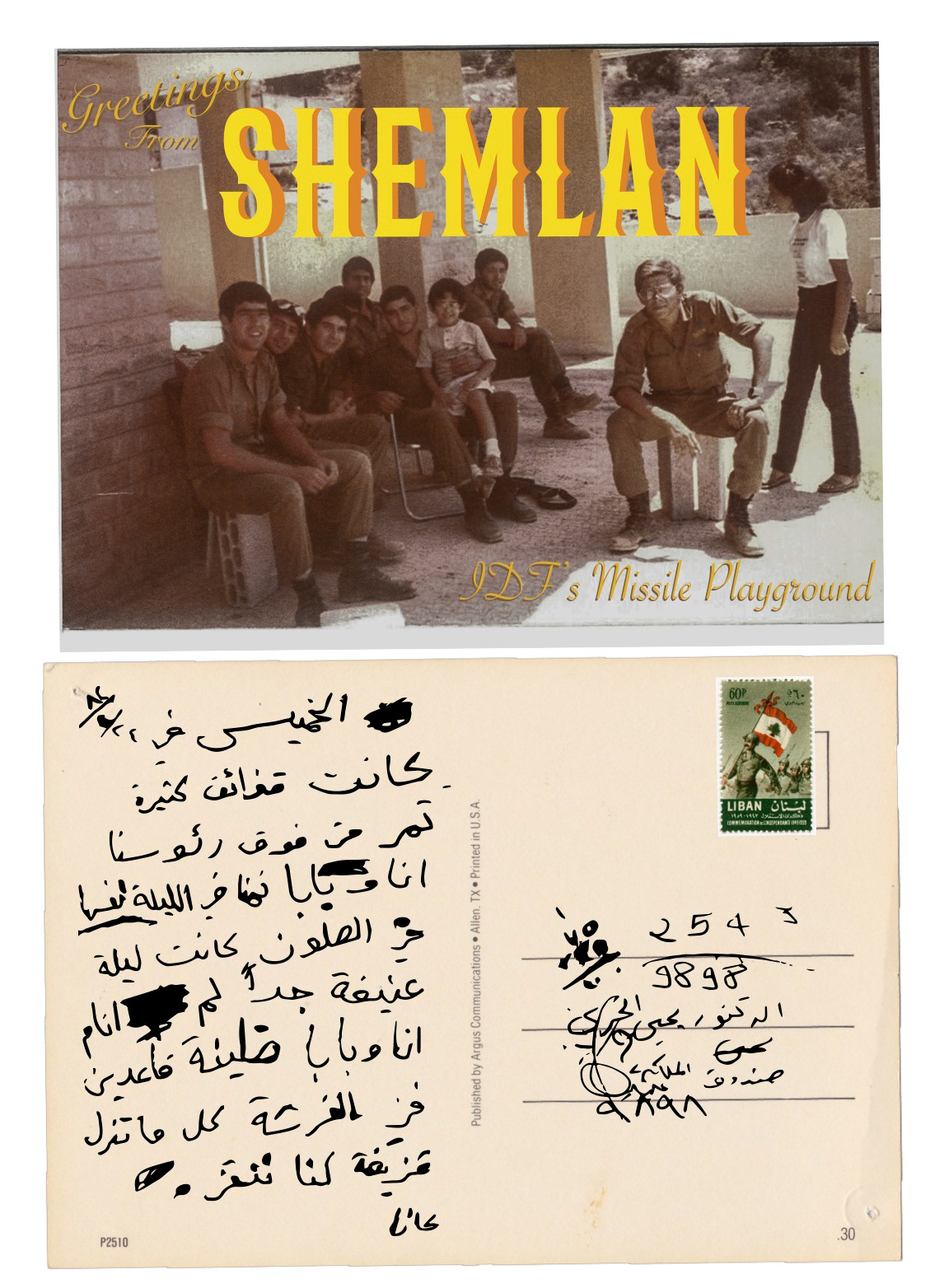
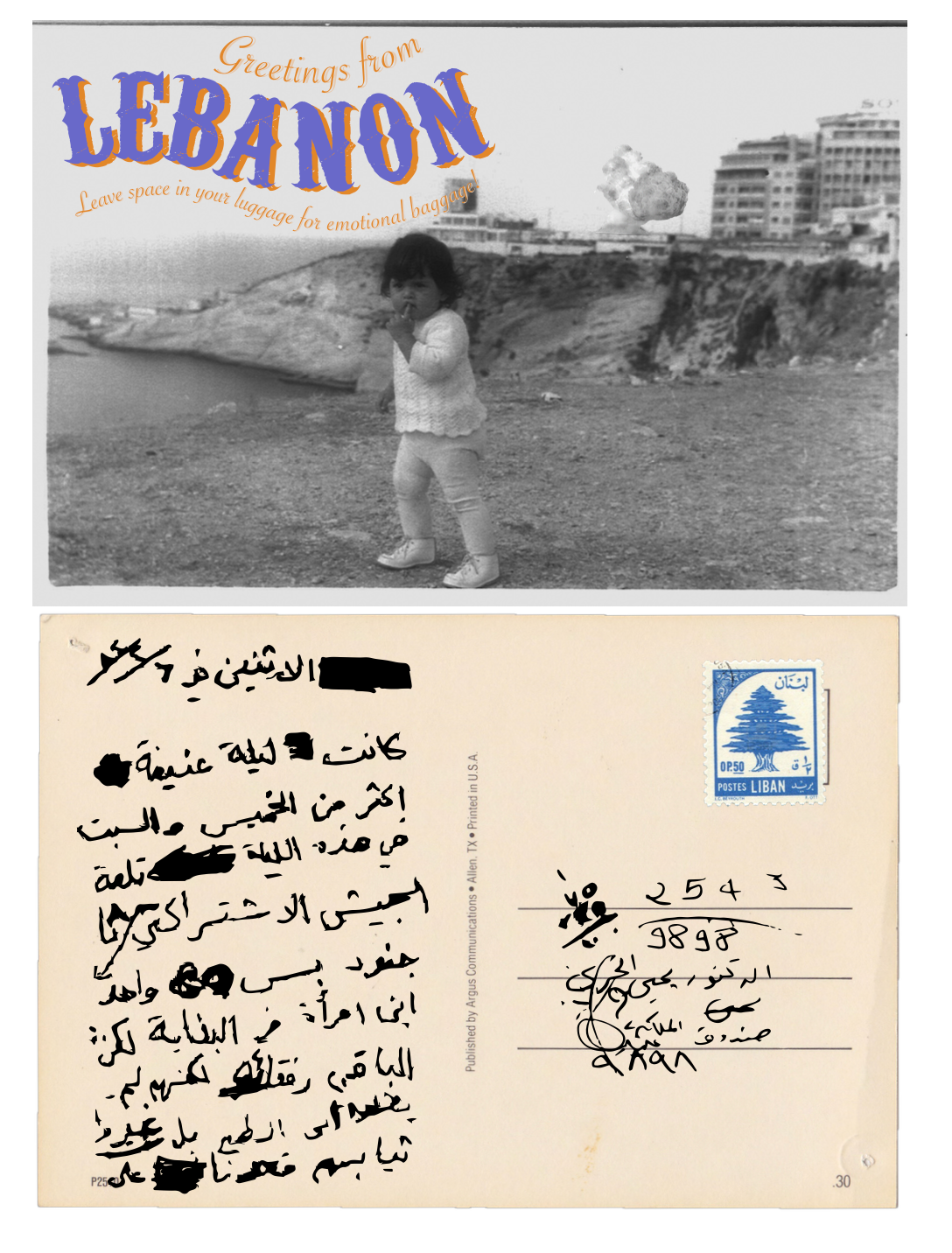
On February 8th 1984, positioned off the coast of Beirut, Lebanon, the United States battleship USS New Jersey fired almost 300 shells at enemy positions in the hills overlooking Beirut. Some 30 of the New Jersey's massive projectiles misfired and rained down on innocent civilians in nearby towns killing hundreds of people. My mother, her younger brother, and my grandparents were hiding in an underground shelter of their apartment building in one of those ill-fated towns. Their home was destroyed.
In the summer of 2019, my parents had guests over for dinner. It was a lively and entertaining evening where stories were shared and jokes made. Then a pleasant older man in attendance told us his story:
“As a young officer in the US Army, I was assigned to an expeditionary force that operated out of the Mediterranean Sea. In 1984, my unit was ordered to stealthily come onshore in Beirut, and set up an outpost high in the Chouf Mountains. Before the development of advanced gun-fire control systems such as GPS or other sophisticated sensors, the Navy relied on army special forces who would position themselves inland and transmit targeting coordinates to the battleship. That is what my unit was tasked with doing: transmitting targeting coordinates to the USS New Jersey. I misdirected the target by 10,000 yards and a barrage of shells hit a village…oops!’”
My mother had just come face-to-face with that “error.” After our guests had left, she took out pictures of herself as a young girl taken years before the outbreak of the Lebanese Civil War. She then took out her little brother’s diary which she had saved all these years. As a child of 8 years old, he had kept this diary throughout the war and had frantically scribbled desperate prayers all over its pages on that dreadful night. I could see the fear in his writing.
The piece entitled Tragedy of Error is a mixed media collage compiling what was salvaged from their destroyed home. The photograph is of my mother on the Beirut coast. The sky is a watermark of the intaglio patterns threaded into the Lebanese Lira saved in a long-since shattered porcelain piggy bank. Originally worth around $50, its value had fallen to 30 cents. In the background is their partially destroyed mountainside apartment building that was hit by the New Jersey. The eerie shadows stalking the children are an omen to what’s to come. Etched into the shadows are extracts of my uncle’s prayers. The journal entries are layered between the children and rest of the photo to form a protective shield.
How to make light of subject that is so serious or too painful? My second piece entitled, Comedy of Error, is intended to provoke discomfort and serious thought with dark comedy. To be able to laugh at an error means we have defeated it. The story of my mother’s life during the Lebanese civil war is told mockingly in a collection of postcards meant to show the irony of life as a war child. By again compiling salvaged photographs and trinkets from their destroyed home, I created composite postcards. The dated journal entries of her eight-year-old brother describe the horror of last night’s shelling. “It was a very violent night, worse than last Thursday,” he writes. “The shells of the New Jersey flying overhead. God help us.” The dry and sarcastic humor printed in nostalgic marketing slogans and catchy tag-lines contrast absurdly with the fearful words written below. The images of war are subtly embedded in the photographs.